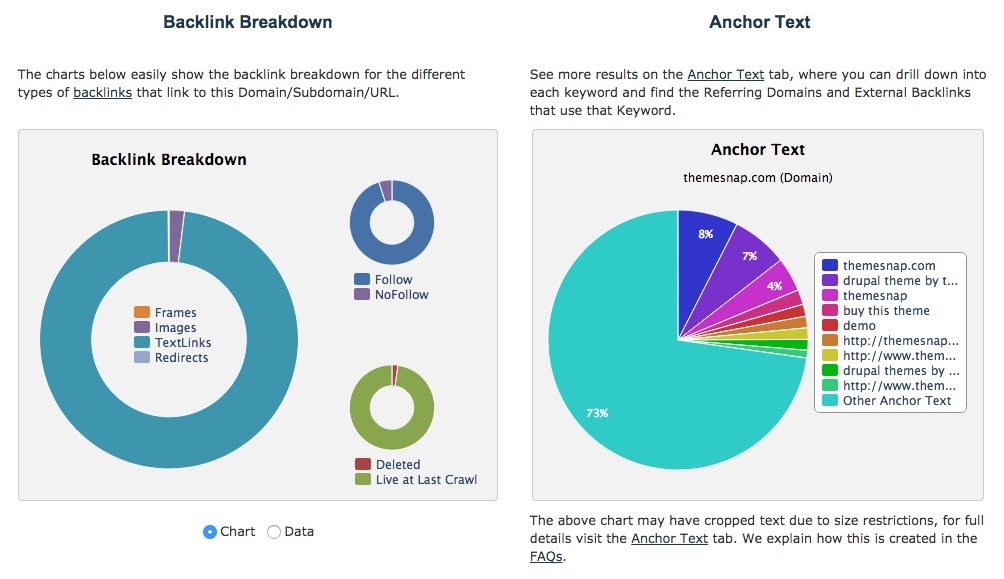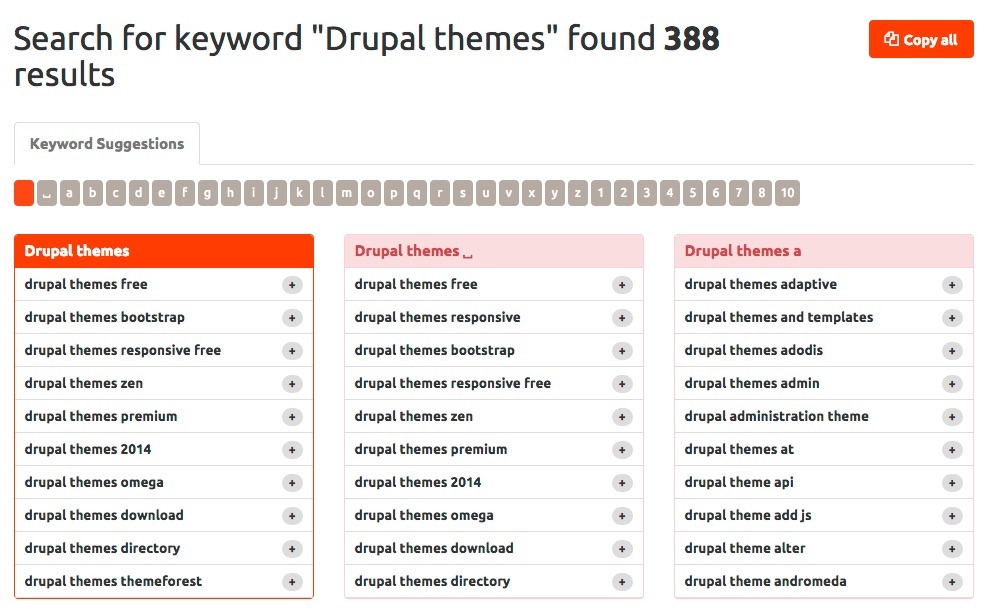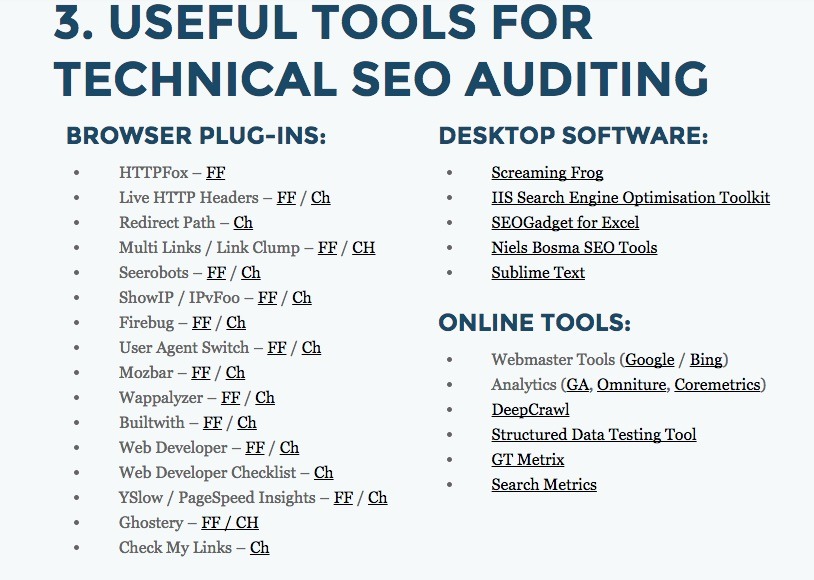Do you remember the Atari 2600 game called Pitfall? If you don’t, it’s probably because you’re too young to remember the Atari… or perhaps it’s just because I’m getting too old. 🙂 Nevertheless, I think the game Pitfall sums up the feelings I often get when I notice something amiss or inherently wrong with one of our Drupal website’s SEO. When I see those areas not optimized, or that we just missed or overlooked, I can’t help but feel like the little 2D pitfall guy jumping over those vicious cobras or alligators. It’s NOT a good feeling.
The landscape for SEO modules and external SEO tools has changed tremendously over the past few years. There are new Drupal SEO modules that can really provide a measurable impact on your traffic and Drupal website health. On top of that, the number of external SEO tools has grown considerably as well.
In this article, I’ll briefly describe the top Drupal SEO modules for new and well-established websites. Plus, I’ll examine some of the external SEO tools we use to understand our Drupal website SEO and on-page marketing initiatives. Let’s look at some of the obvious Drupal SEO Modules any existing or new Drupal website should be using.
Drupal SEO Modules To Boost Traffic & Rankings
1) Search 404 Module
Search 404 is used as a way to show users from 404 pages a search results page instead of a standard 404 page. Example: If a site visitor hits a page within your Drupal website such as: example.com/category/page/doesnotexist, then the Search 404 module will automatically perform a search for “category page doesnotexist” and it will display the result of that search instead of what the visitor would have received instead… a standard 404 page. This module has proven its ability to retain visitors who visit your website from any old URLs linked from other sites or from search engines. Search 404 also includes search engine keywords detections as well as regular expression based term filtering from the URL.
Why use it? Search 404 preserves site visitation and reduces the bounce rate traffic on your Drupal website. Otherwise, visitors could be lost due to otherwise empty, or very little information on, 404 pages.
2) Redirect Module
Like the Search 404 module, the Drupal redirect module also helps retain otherwise lost traffic or visitors. Redirect is our “go-to” module for checking any page/image hits that occur that also result in a 404 error. This could be images that have been deleted, external linked pages or content that might contain a malformed URL (e.g. someone simply links to your web page with the wrong formatted link – maybe they left out a letter or number if they linked to your page manually), and so on. We use this redirect module on a weekly basis to check for 301 opportunities. Redirecting a broken 404 page to a relevant page helps with search engines and visitors since you’re essentially telling the search engines that “example.com/category/page-a” has permanently moved to “example.com/category/page-b”
Why use it? The Drupal Redirect module preserves lost link equity, i.e. if you have a page with 5 or 10 external links that ends up as a broken link on your Drupal website. Visitors are redirected to the best replacement page possible and search engines now know the right page to serve for an otherwise lost 404 page.
3) Content Optimizer Module
The Content Optimizer module is best described as a quick and easy Drupal admin/editor view of those simple SEO aspects of your Drupal website that you may have overlooked. Use it to provide feedback for the various on-page SEO aspects you may have overlooked. Those things include Page Title, Body, Meta info., and other important page-level SEO.
Why use it? Content Optimizer is a great on-page SEO module that understands the basics of keyword usage, page title length, using your primary keywords in body text, and so on.
4) SEO Checklist Module
The SEO Checklist module does what it says — it provides a fairly straight-forward way to guide you through the most basic to more advanced SEO options, configurations, and adding of certain modules to get the most from your Drupal website. Some of the guided suggestions from SEO Checklist help you improve SEO for your titles, content, URL paths, tracking visitors, and more.
Why Use it? Get a concise list of modules that, overall, are beneficial to improving your Drupal website’s SEO — both internally and externally.
5) XML Sitemap
So you’ve built your Drupal website, or migrated an older CMS or website to Drupal. You now have 5,000 or 10,000 or more pages and the are all now discovered through standard site navigation, like breadcrumbs or category menus on your new Drupal website. That’s all well and good. But having a stand-alone, automatically updated XML Sitemap can really do several positive things for your Drupal pages and search rankings. 1) It can boost the time for your Drupal pages to be found, and 2) Provide a distinct, standard location for search engines like Google or Bing to easily crawl your content. What’s better is that the XML Sitemap module from Drupal will create a standard Sitemaps.org protocol that search engines know and trust for crawling. And, this same sitemap will provide Google, Yahoo, and Bing additional metadata about each URL on your website.
Why use it? This one is simple. It provides an easy method for your Drupal website’s pages to be found and indexed easily. Easier indexation means faster crawled and ranked pages (at least from our experience).
6) Broken Links Checker
To me, nothing creates more issues for a website than broken links. There are a lot of broken link building guides, services, and a host of tutorials and blog posts online for broken link building. These will help you clean up broken links and gain back lost link equity (internal and external links). But if you manage a Drupal website, then the Broken Links Checker module may be the right module for you. A few of its features includes scanning nodes, pages, blocks, and comments to detect and compile internal or external broken links for your review.
Improving broken links is one of those necessary SEO tasks to help chip away at internal websites issues, thus improving overall site crawling and indexing, since Google tends to give preference to websites who have clean link profiles.
Why use it? Link relationship building has gained momentum over the past few years. Internal and external broken link building can help drive more traffic and clean up site issues.
External SEO Tools for Improving Your Drupal Website
7) Moz On-Page Grader Tool – Paid
Moz.com is arguably the most visited SEO and online marketing website online. They also have some pretty sweet on and off-page SEO tools. The On-Page Grader Tool is no exception. This tool goes beyond keyword optimization. It provides at least 30 different areas of on-page grading, from title tags, crawling and accessibility issues, image optimization, and more.
Why use it? Because manually evaluating all of the various on-page optimization issues on your Drupal theme or website is nearly impossible without the depth of information provided from the On-page Grader tool.
8) Website Penalty Indicator
If you have kept up with SEO at all over the past few years, you know that Google is constantly rolling out search algorithm updates. If you have a website that does not post much content, the content you have is “thin,” or you have experienced other notable drops in traffic in your server-side or Analytics software, then knowing what penalty or “demotion” you have have incurred in Google is key to fixing or improving your website’s rankings and traffic.
Why Use it? Fix or improve on-page issues, like little to no unique content, or low-value content, link building issues, and more. This helps you potentially dig yourself out of the penalty box since you can often match up a particular Google algorithm change with traffic loss.
9) Majestic SEO Site Explorer – Paid
I have used Majestic for more than 5 years now to help build our assessment of Drupal website backlinks, i.e. the number of links externally that point to your website. This SEO tool is invaluable to us because it provides clear data into our backlink profiles, such as what type of keyword anchor text(s) other websites use to link to us, types of backlinks, referral domain insights, and thus giving us informative link building data to use moving forward.
Why use it? Majestic gives valuable (and actionable) data on improving your quality and type of backlinks to your Drupal website.
10) Keyword Research Tool
Keywordtool.io is a handly little keyword suggestion tool based on Google auto-suggest. Use this tool in conjunction with the Moz On-page Grader mentioned above, or as a stand-alone keyword tool to help you build better content and optimize the content yo already have on your Drupal website.
Why use it? Keywordtool.io is free, fast, and has a “copy all” function to easily grab all the relevant keywords you need. Plus they alphabetize the keyword suggestion lists A through Z for easy review.
11) SEO Tools for Excel
I really like the ability to mine for data and build easy excel lists. Whether it’s for backlinks, META information, or scraping social data. I was really impressed when I first started using the SEO Tools for Excel functions to help build internal lists for several Drupal website projects. You can build report cards or use lists like this to do quick comparisons to previous data collected, which is great for improving SEO campaigns for your website. Note: Sorry, but SeoTools does not currently work on Mac or Linux, Google Docs or OpenOffice
Why use it? It seems like the bulk of SEO’s use excel. This tool makes it easy to extrapolate and read data across multiple channels and types of SEO data.
12) Log File Analysis How-to’s and Tools
This last recommendation is more of a guide than a tool, even though there are actual tools listed within this post. Log file analysis has always sounded archaic and cumbersome. Not only do the guys over at http://builtvisible.com/ provide you with clear, actionable ways to access and evaluate log file data, but they also give you information for utilization of resources and easier log file reporting. A must-have for the more technical SEO’s who need to understand server log data related to SEO.
Why use it? Log file data for SEO can be beneficial for a Drupal website (and other CMSs) because it gives you the most “root” server-side information from an SEO perspective.
These are some of the tools we use at ThemeSnap.com. What do you use? Do you have any particular tools that are great for managing your Drupal website? Please feel free to leave us your comments below.












